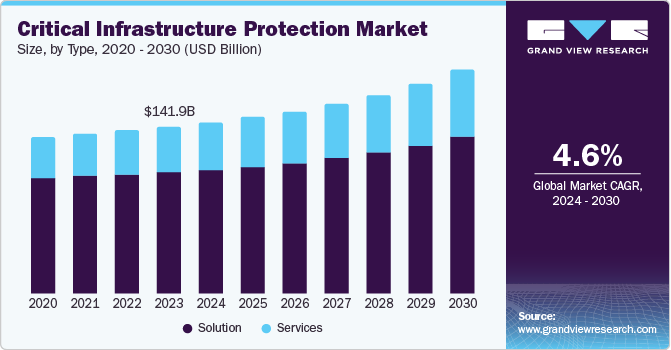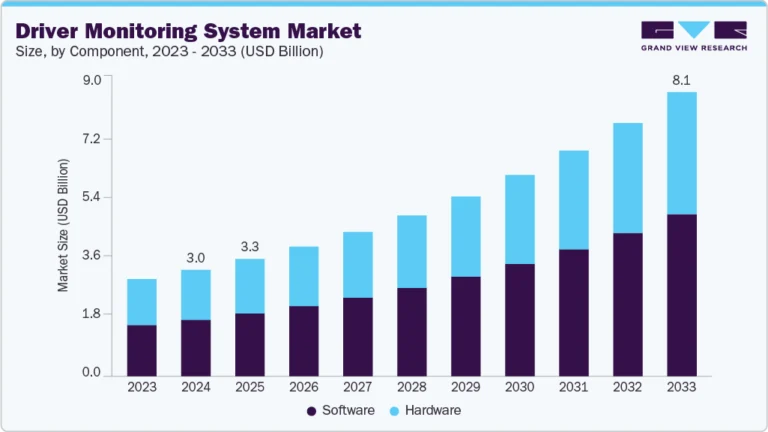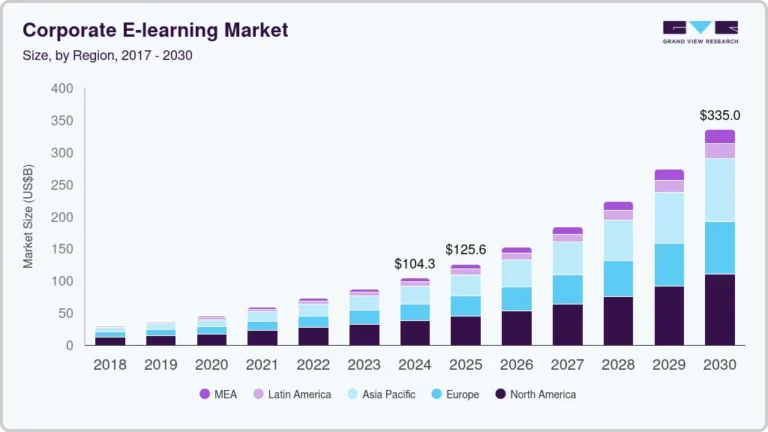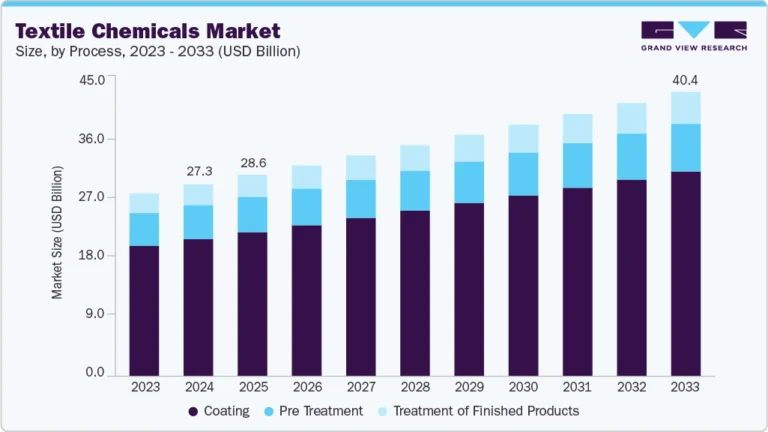Critical Infrastructure Protection Market Size, Share & Trends Analysis growing at a CAGR of 4.6% from 2024 to 2030

The global critical infrastructure protection market size was valued at USD 141.90 billion in 2023 and is projected to reach USD 190.42 billion by 2030, growing at a CAGR of 4.6% from 2024 to 2030. Technological advancements such as innovation in network security and infrastructure management backed by enhanced research & development have also contributed to the growth of this market in recent years.
Key Market Trends & Insights
- North America critical infrastructure protection market dominated the global industry with a share of 39.1% in 2023.
- The U.S. critical infrastructure protection market held the largest share of the regional industry.
- By type, the solution segment accounted for a revenue share of 72.9% in 2023.
- By secutiry, the physical safety and security segment held the largest share in 2023.
- On the basis of end-use, the BFSI segment dominated the market in 2023.
Market Size & Forecast
- 2023 Market Size: USD 141.90 Billion
- 2030 Projected Market Size: USD 190.42 Billion
- CAGR (2024-2030): 4.6%
- North America: Largest market in 2023
- Asia Pacific: Fastest growing market
Request a free sample copy or view report summary: https://www.grandviewresearch.com/industry-analysis/critical-infrastructure-protection-cip-market/request/rs1
Rising concerns about cyber threats have encouraged multiple businesses to adopt critical infrastructure protection solutions and services. In addition, government initiatives have been fostering collaborative efforts to strengthen cybersecurity. The increasing number of cyber threats and frauds committed with the help of computing technology has created an alarming situation for numerous businesses that heavily rely on data transfer and the use of remote networks. For instance, the Federal Bureau of Investigation has received over 8 million complaints of internet crimes since 2000, which accounts for an average of nearly 2,412 every day.
The increasing number of cyber threats and frauds committed with the help of computing technology has created an alarming situation for numerous businesses that heavily rely on data transfer and the use of remote networks. For instance, the Federal Bureau of Investigation has received over 8 million complaints of internet crimes since 2000, which accounts for an average of nearly 2,412 every day.
Efficient and extensive critical infrastructure is required for the smooth functioning of the economy. It helps determine the location of economic activity that can develop within a country. Facilities and defense bases heavily rely on essential operational technologies and infrastructure, such as building automation, power generation, utilities, and security systems.






